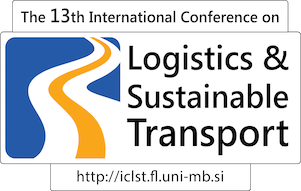Professor Konrad Schliephake, PhD, University of Würzburg, Germany
Dr. Konrad Schliephake, born in 1944 in Würzburg, Germany, spent his youth in Germany and Egypt. He took a diploma in geography from Giessen University in 1969 (additional subjects: economic sciences, oriental languages and geology) and received his doctorate in natural sciences in 1972 from the same university with a thesis on transportation geography. Starting his career at the Syrian Ministry of Transport and a planning institution in Giessen, he became, in 1971, research official in charge of the Arab Maghreb at the Institute for African Research, Hamburg (now GIGA). At the end of 1975 he joined the Institute of Geography, Würzburg University, where he was Academic Director up to October, 2009. This was interrupted by a one-year stay in 1980/1981 at the Ministry of Economy and Planning, Riyadh (Kingdom of Saudi Arabia) where Dr. Schliephake monitored the Saudi Arabian national transportation plan. Within his main field of regional planning and transportation research Dr. Schliephake has specialised in demand evaluation for individual and public transport investments. He acts as consultant to various transportation institutions (road and rail transportation companies) and regional entities (Central places and settlement planning, offer and demand in infrastructure, supply and transport). His international activities include field studies and research in Algeria, Tunisia, Libya, Iraq, Saudi Arabia, Yemen and several Arab Gulf states focussing on elements of natural resources, regional development and planning. Various monographs, lectures and more than 500 publications in German, English, French and Arabic reflect these research activities.
Today, he continues teaching as invited lecturer at the Würzburg State University and acts as consultants to public and private institutions.

